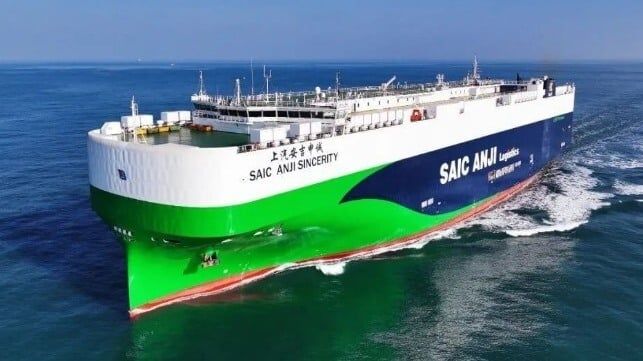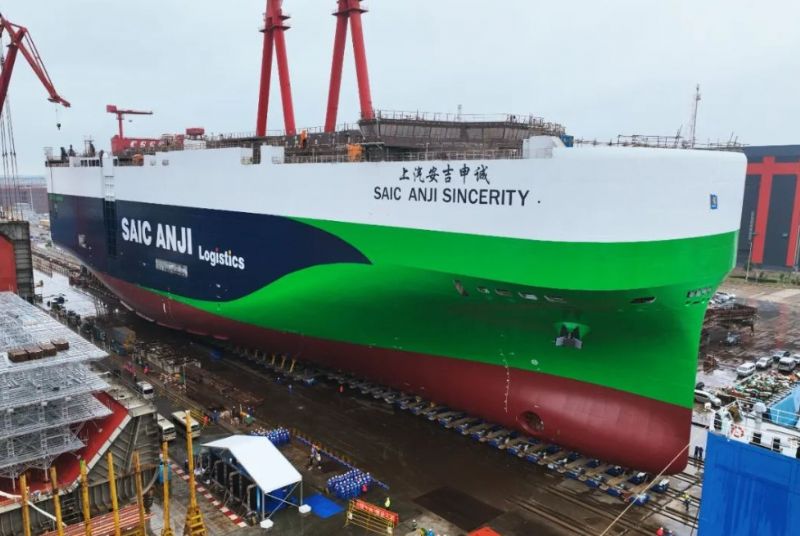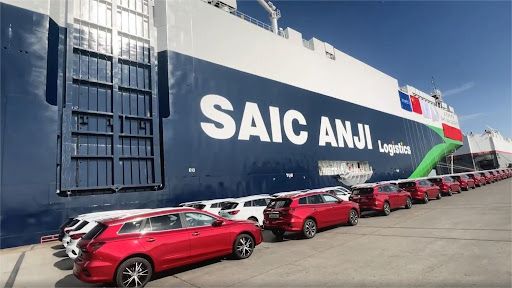
The U.S. Federal Maritime Commission (FMC) designated Chinese shipping company Anji Shipping as a “controlled carrier,” meaning that it has been judged to be directly or indirectly controlled by the Chinese government. Anji becomes the fifth Chinese company to be designed on the list joining the ranks of COSCO Shipping Lines and its subsidiary Orient Overseas Container Line as well as smaller Chinese carriers.
Under the U.S. Shipping Act, controlled carriers are subject to enhanced oversight by FMC. Among other steps, the FMC has the power to prohibit the publication or use of a rate, charge, classification, rule, or regulation that a controlled carrier has failed to demonstrate is just and reasonable.
“Congress enacted these protections to ensure that controlled carriers, whose marketplace decision-making can be influenced by foreign governmental priorities or by their access to non-market sources of capital, do not engage in unreasonable below-market pricing practices which could disrupt trade or harm privately-owned shipping companies,” said FMC in a statement adding Anji Shipping to the list.
Earlier in the month, the FMC also added South Korea’s HMM to the list as the only non-Chinese carrier to carry the designation. The FMC notes the list is not comprehensive but is designed to target carriers that meet specific control characteristics.
Founded two decades ago by China's largest state-owned automaker SAIC Automotive, Anji Shipping today bills itself as the world’s leader in automotive logistics and tenth among China’s logistics enterprises. Last year, SAIC sold 1.2 million units in overseas markets, up 18.8 percent using Anji to deliver the vehicles to the world markets. This year, the company is projecting shipping 1.3 million units after reporting that deliveries to the overseas markets reached 554,000 units in the first half of the year, a 13.9 percent increase.
The move by the FMC comes as Chinese industries are under increasing pressure. Starting August 1, the Biden administration is set to impose sweeping tariffs on many Chinese products including the large cranes used at most ports worldwide.
Chinese EVs are coming under scrutiny around the world with accusations of unfair pricing. Last year it was reported that Chinese EVs had reached eight percent of the European market and could rapidly increase to 20 percent or more in the next five years. Calling the market “distorted” the European Union recently raised the tariffs on EVs. The Chinese car markets are facing tariffs of between 17 and nearly 40 percent in addition to a 10 percent duty already in place on Chinese EVs.
The group introduced the SAIC Anji Sincerity at the beginning of 2024 calling the vessel with a capacity for 7,600 units, “the world’s largest LNG dual-fuel Ro-Ro currently in service.” Anji operates more than 30 ships with orders for a dozen more including 9,000-unit mega-ships. Anji forecasts it will be transporting more than 500,000 vehicles per year.



We use cookies to improve your experience. By continuing to use our site, you accept our Cookies, Privacy Policy,Terms and Conditions. Close X